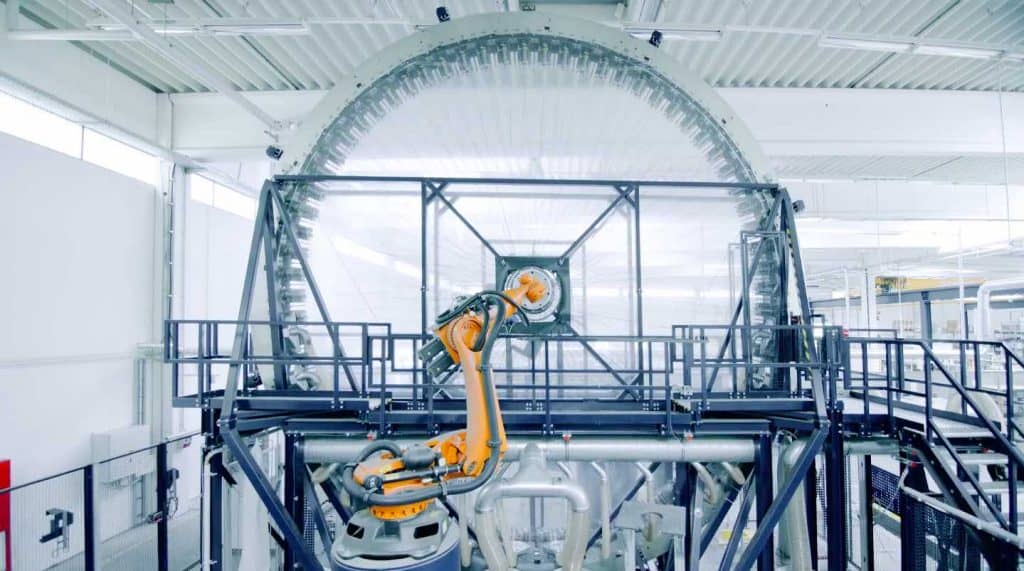Porche’s new limited edition car, the 911 Turbo S is coming out in the Exclusive Series, and it will be the first to feature advanced carbon fiber wheels. The wheels will be manufactured in house using a humungous radial machine.
The machine made to produce the carbon fiber-reinforced polymer wheels looks like a giant Ferris wheel, that can braid 18 kilometers of carbon fiber forming the main body of the body of the wheels. The technology is meant to optimize the driving motion, but it comes with a price tag of $18,000.
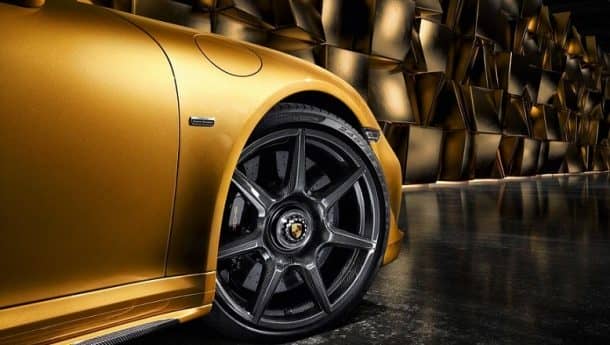
The German automaker Porche has become the first to use the braided carbon fiber material in their 911 Turbo S Exclusive Series. The carbon wheels replace the conventional alloy wheels for “increased driving dynamics and driving pleasure.” The greatest hurdle to the manufacturing technology is the precise machine required to weave the carbon fibers into rigid wheels. The world’s largest braiding machine owned by Porsche has a diameter measuring 9 meters.
The advanced carbon wheels are made with two components. The fabric center is assembled with 200 individual components while the rim base is made with eight square meters of braided carbon fiber compound.
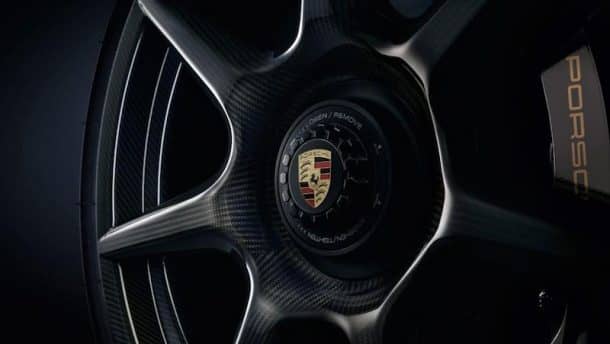
The carbon fiber-reinforced polymer (CFRP) technology was developed with Porche’s fascination with the wheel, and they claim to have reinvented the wheel with the advanced manufacturing technique.
The insane cost of the braided carbon fiber technology has to have some serious advantages, and that could be explained by their extremely light weight which is 8.5 kilograms less than the standard ones. It makes them 20 percent lighter, where the weaved carbon fiber compound obtains its denser structure through weaving, thus also adding 20 percent to the overall strength. The added strength and the stronger structure provides for an extreme driving experience and satisfaction and as Porsche puts it:
“With a reduced unsprung weight, the tires trail the surface of the road better and are perfectly optimised for absorbing longitudinal and lateral forces. Lower rotating masses mean more spontaneity both in acceleration and braking.”
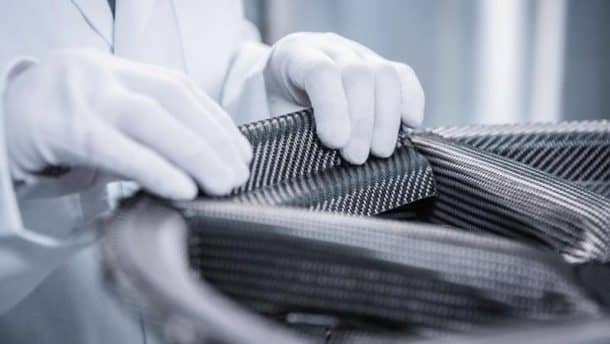
Once the two components of the wheel are assembled, it is impregnated with resin and pre-hardened at high pressure and temperatures. A long cooling process then fully hardens the wheel, and a central lock is inserted. It is then finished off with a coating of clear lacquer for protection and finesse. The braiding method for 18 kilometers of carbon fiber produces much less waste compared to the standard manufacturing techniques.
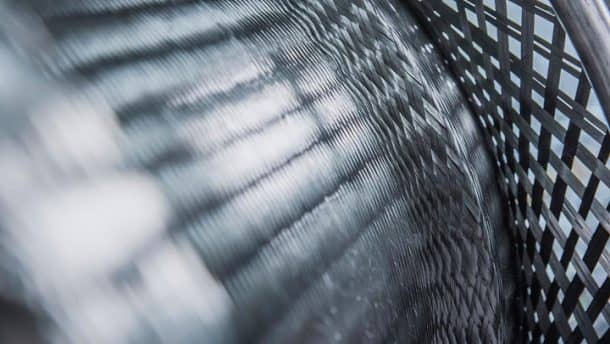
The new carbon fiber wheels are just an option for the 911 Turbo Exclusive Series and won’t be available until 2018. The supercar will accelerate from 0 to 100 km/h in 2.9 seconds and reach top speeds of 330 km/h. The carbon dioxide emission is rated at 212 g/km, consuming a fuel of only 9.1 liters per 100 km.
500 units of the car will be manufactured and sold globally, and if you want to upgrade your car to the carbon fiber wheels, you will have to add on another $18,000 or 15,232 Euros. You can buy an economy car for the price of the wheels alone, but you won’t be buying one if you can afford a Porsche, right?

